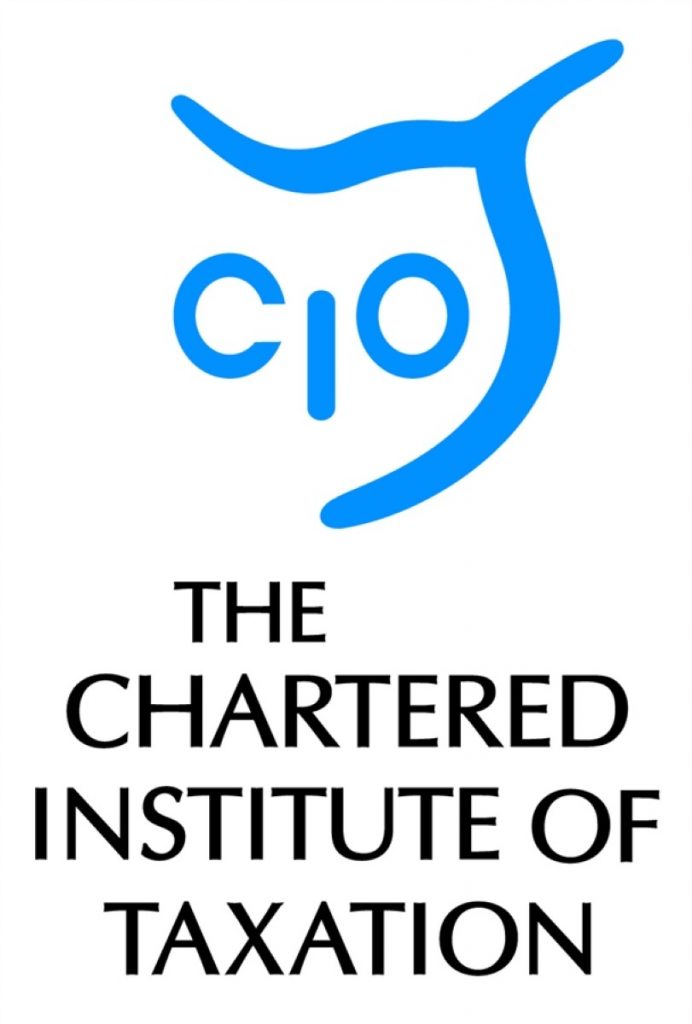CIOT warns of dangers of rushing through Finance Bill.
The Chartered Institute of Taxation (CIOT) has written to Chancellor Alistair Darling urging him not to rush through substantial tax changes without any real parliamentary scrutiny.
If the 24 March Budget is followed, as is expected, by the announcement of a 6 May general election, a Finance Bill will need to be rushed through in, almost certainly, a single day. The CIOT is urging the Chancellor to include in it only those measures essential to maintain the Government’s revenue raising capacity, such as renewing the provision of income tax (see note 1). Other measures should be left until a post-election Finance Bill where they can be scrutinised at greater length.
In the letter, CIOT President Andrew Hubbard says:
“The CIOT strongly believes that good tax law requires close examination and detailed scrutiny, from parliamentarians and from outside experts. In particular this is to ensure that the legislation does not have unintended negative consequences. A Finance Bill rushed through all its stages in a single day does not allow for this – especially in the final days of a Parliament when most MPs’ minds will, understandably, be elsewhere.”
The full text of the letter is attached.
Notes to Editors
1) Income tax must be renewed by 5 May each year. If that is not done no income tax can be collected. In most years Budget resolutions can prolong this period for a further three months, until the Finance Bill passes (usually in late July). But this temporary extension does not survive a dissolution of Parliament (which needs to happen before an election) so the renewal of income tax will need to be passed in primary legislation before Parliament is dissolved for the election.
2) The last pre-election Finance Bill, in 2005, saw 106 clauses and various schedules rushed through all their parliamentary stages in four hours, with only the first 13 clauses having any debate at all.
3) The Chartered Institute of Taxation (CIOT) is a charity and the leading professional body in the United Kingdom concerned solely with taxation. The CIOT’s primary purpose is to promote education and study of the administration and practice of taxation. One of the key aims is to achieve a better, more efficient, tax system for all affected by it – taxpayers, advisers and the authorities.
The CIOT’s comments and recommendations on tax issues are made solely in order to achieve its primary purpose: it is politically neutral in its work. The CIOT will seek to draw on its members’ experience in private practice, government, commerce and industry and academia to argue and explain how public policy objectives (to the extent that these are clearly stated or can be discerned) can most effectively be achieved.
The CIOT’s 15,000 members have the practising title of ‘Chartered Tax Adviser’.
– ENDS –
George Crozier
External Relations Manager
D: +44 (0)20 7340 0569
M: +44 (0)7740 477374
The Chartered Institute of Taxation
Registered charity number 1037771
www.tax.org.uk





-01.png)